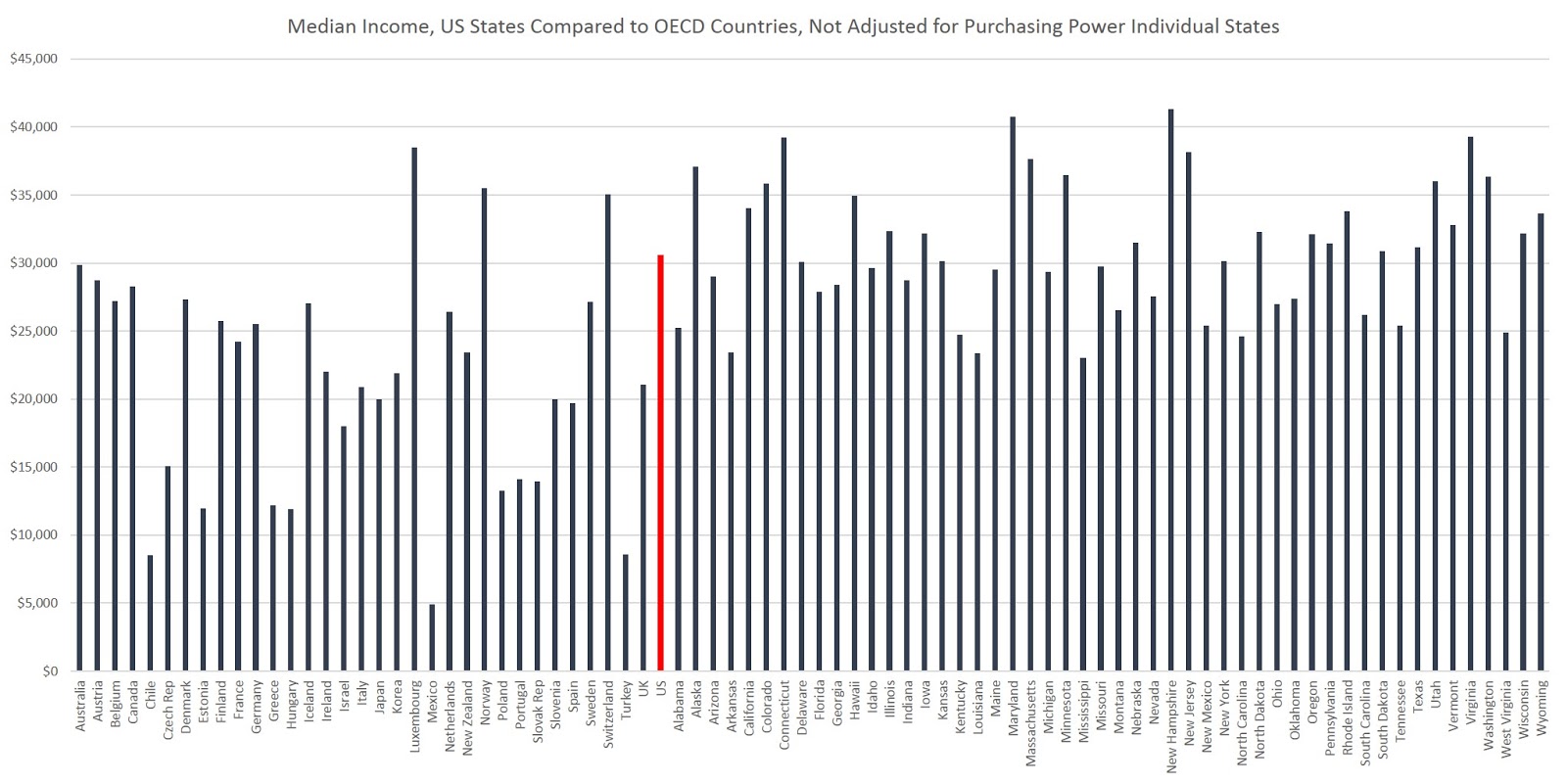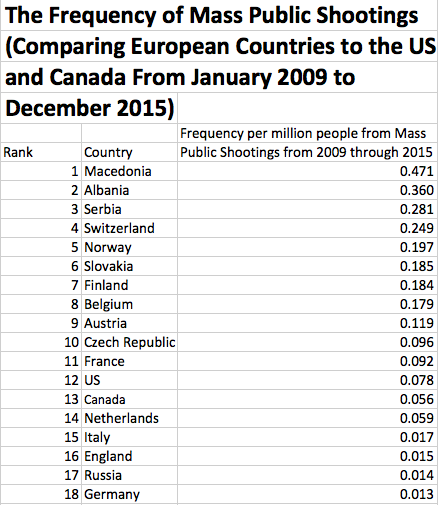The Daily Caller profiles a new book, Population Decline and the Remaking of Great Power Politics, that explains why aging and shrinking populations in China, Japan, and Europe will dramatically alter American foreign policy.
Some of the book’s findings are startling:
- By the end of this decade India will surpass China as the most populous nation.
- Japan will lose 1 million people a year by 2060, contracting from 127 million to less than 87 million.
- Europe’s expensive social welfare model and aging populations will increasingly spur governments to scale back military spending in order to fund burgeoning entitlement program.
- Even though America’s current rate of replacing itself gives it a demographic advantage, unless serious reforms are instituted to entitlement spending, it too will continue to cut military expenditures to pay for rapidly expanding benefits for the elderly.
India surpassing China means that democracy – not a communist-controlled autocracy – will be the government adopted by the most populous country on Earth. It may also encourage the United States and India to forge a closer strategic partnership around shared values to check China’s ambitions.
And of course, we’ve already seen how the European model of heavy on services, light on defense is making the region – though not a few individual countries – increasingly irrelevant when it comes to making the world safe.
In his budgets, President Barack Obama has chosen to increase spending on entitlements and gut defense, arguing like a European that multilateral institutions such as the United Nations and NATO can accomplish more than any one nation.
Paul Ryan highlighted this danger in his latest budget proposal, “The Path to Prosperity: A Blueprint for American Renewal.” In it, he faults President Obama for cutting $500 billion from the Defense Department instead of making the changes needed to entitlements so that Americans can be protected both at home and abroad.
Americans need not accept decline through badly prioritized budgets. Instead, using innovative entitlement reforms like the ones in Ryan’s Path to Prosperity, we can have sustainable entitlement programs and a robust defense.
We’ve got the people. Now we need to implement the right policies.






 CFIF Freedom Line Blog RSS Feed
CFIF Freedom Line Blog RSS Feed CFIF on Twitter
CFIF on Twitter CFIF on YouTube
CFIF on YouTube